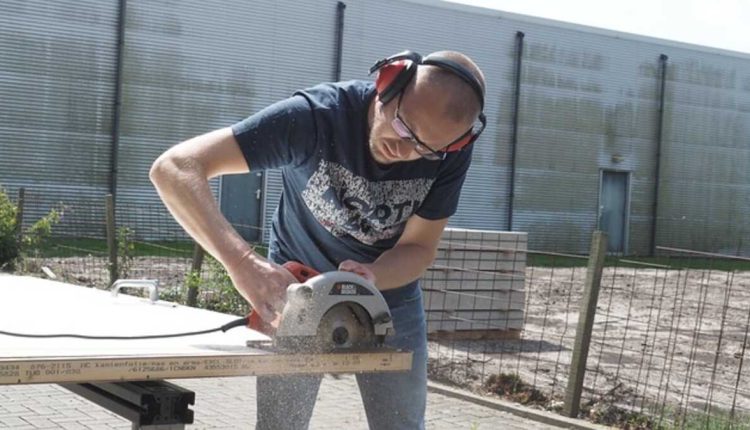Reducing risk during demolition requires experts to conduct an in-depth assessment of both the structure and its surrounding area. To make it as safe as possible, an initial survey must first be conducted to ascertain any potential threats or hazards to health or safety. Select the best Garden Grove Demolition.
They must then assess how to bolster and demolish the structure while clearing away any hazardous materials – potentially using explosives or even a wrecking ball as necessary.
Reputable Demolition Contractors
To gauge the quality of demolition work that a company produces, ask for references from past clients and arrange to visit previous projects in person. A good demolition contractor should have an impressive portfolio showcasing past work.
Commercial and industrial demolition can be a complex process requiring special equipment and expertise for success. It entails dismantling structures designed for commercial purposes like factories and warehouses and clearing away debris and soil from the site before preparing it for new construction. A good demolition company will also take responsibility for waste disposal using special lorries to transport it away.
When hiring a demolition company, be sure to select one that is licensed and insured to do this work. This will protect you against any liabilities or costs should anyone get hurt while performing the task. As a precautionary measure, they should also have workers’ compensation insurance that covers hospital stays, medical procedures, and lost wages.
Demolition can be a challenging endeavor and should only be undertaken by trained professionals. Working with an established demolition contractor will help ensure your project runs safely and smoothly. They possess all of the equipment and expertise required to dismantle even complex buildings without harming nearby property or people.
Get Written Estimates
Before hiring a demolition contractor, always obtain a written estimate detailing their scope of work. This should include payment terms, work schedule, and expectations regarding payment submission. Also, ask for an itemized breakdown of costs so you can compare apples to apples and choose the most cost-effective solution for you and your requirements.
Demolition can be an expensive endeavor, which makes obtaining multiple quotes from demolition contractors essential to finding the best deal. When comparing estimates, take into account both building size and any exceptional circumstances that might increase costs; some demolition firms may charge extra fees for electrical disconnections, dumpster rentals, and debris removal.
Note that demolition prices vary significantly based on a building’s location; for instance, demolishing an urban center warehouse will likely cost more per square foot than dismantling one in a suburban neighborhood.
Be mindful that if the building will be used for new construction, separate bids should be sought for environmental work and demolition. This may save money as it allows you to hire one company with multiple services that can complete both at the same time.
Conduct Extensive Research
Any demolition project must undergo extensive research to understand its environmental and societal effects. This will allow the decision-maker to make informed decisions that benefit all involved parties.
Conduct a comprehensive inspection before starting to demolish. This will enable you to establish which methods should be utilized and identify any hazardous materials that should be removed prior to initiating any destruction work, thus minimizing accidents and injuries during demolition.
Considerations should also be given to how demolition will impact nearby neighborhoods and property values, as well as its reuse potential; can it become a public park or another community asset?
Demolition may seem like an irreversible and pointless act, but that doesn’t have to be the case. With proper execution and research conducted prior to hiring a demolition contractor, demolition can actually be eco-friendly and save resources.
First, surveying the structure should identify any historical architectural features or structural integrity issues that need to be preserved before creating a detailed plan that includes which demolition methods should be applied in each area and what equipment will be necessary. Workers should then be trained in selecting, fitting, using, inspecting, and maintaining personal protective equipment (PPE).
Hire the Right Company
The ideal demolition contractors possess years of experience and a solid track record. Be sure to obtain references from previous clients and request samples of their past work to get a close-up look at their skills. Also, ensure they possess adequate insurance policies covering worker’s compensation, property damage, and personal injury, as well as the appropriate permits required for any demolition work.
Your contractor of choice must fully comprehend your vision, which can only be accomplished with regular communication during the project. An established demolition contractor should take time to explain their plan of action and answer any inquiries or provide answers to questions you might have.
Depending on the type of building you need to be demolished, selective or total demolition may be the better choice. Selective demolition involves dismantling nonstructural elements of a structure while leaving its foundation and load-bearing walls intact—an efficient strategy for building remodels or upgrades as it helps reduce the waste left behind.
Total demolition is more complex than selective demolition. It is typically performed when an existing building no longer meets its purpose or becomes outdated. The process starts by securing the site, stabilizing structures, disconnecting any open piping and capping it before taking it down to its core, and sorting materials accordingly—recycle, reuse, sell, or donate bins are set aside as each stage occurs.

